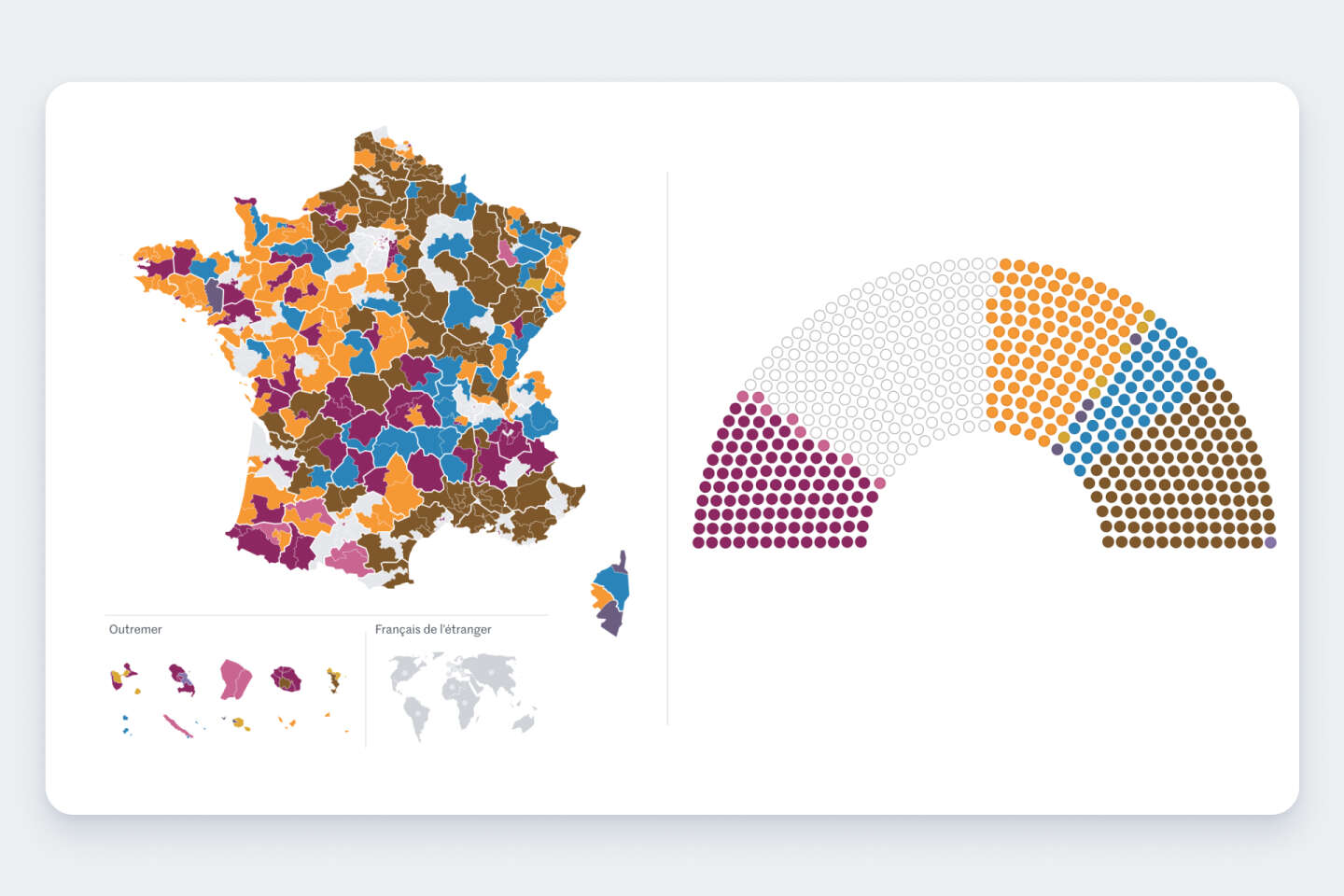

I find the intermediary classification a bit unconvincing and perhaps unintentionally misleading. It sounds like a nice framework to look at the world and it does describe the particular domain alright and it allows for drawing useful conclusions. Unfortunately solving the problems it highlights would produce marginal gains because I think intermediaries as described are just a special case of something more general. Firms of any kind are acting as intermediaries in the exchange of the products of people’s labor. The effects are all the same, these intermediaries make the exchange easier at the expense of keeping some of the labor products from one end or the other, but usually both. It seems to me that the problem of the platform intermediaries power is just a special case of the power of firms over labor. Which really reduces to the problem of the power of capital over labor. If we somehow solve the platform intermediaries problem, we leave the general problem unsolved. And then if we don’t think in terms of the general problem, we can’t even solve the special problem because the tools needed are controlled by capital. That is the lawmakers who could change the law are paid by the powerful intermediaries (firms) and not by the people on either end of the intermediaries. If we hope to ever solve any of this I think we have to look at the world through the general lens and focus on ways to reduce the amount of capital accumulated by firms from people’s labor. Fortunately there are well known solutions for that and they’re actionable for most people.















Slash Social Security, add EV subsidies, make them so that only Tesla qualifies in practice.